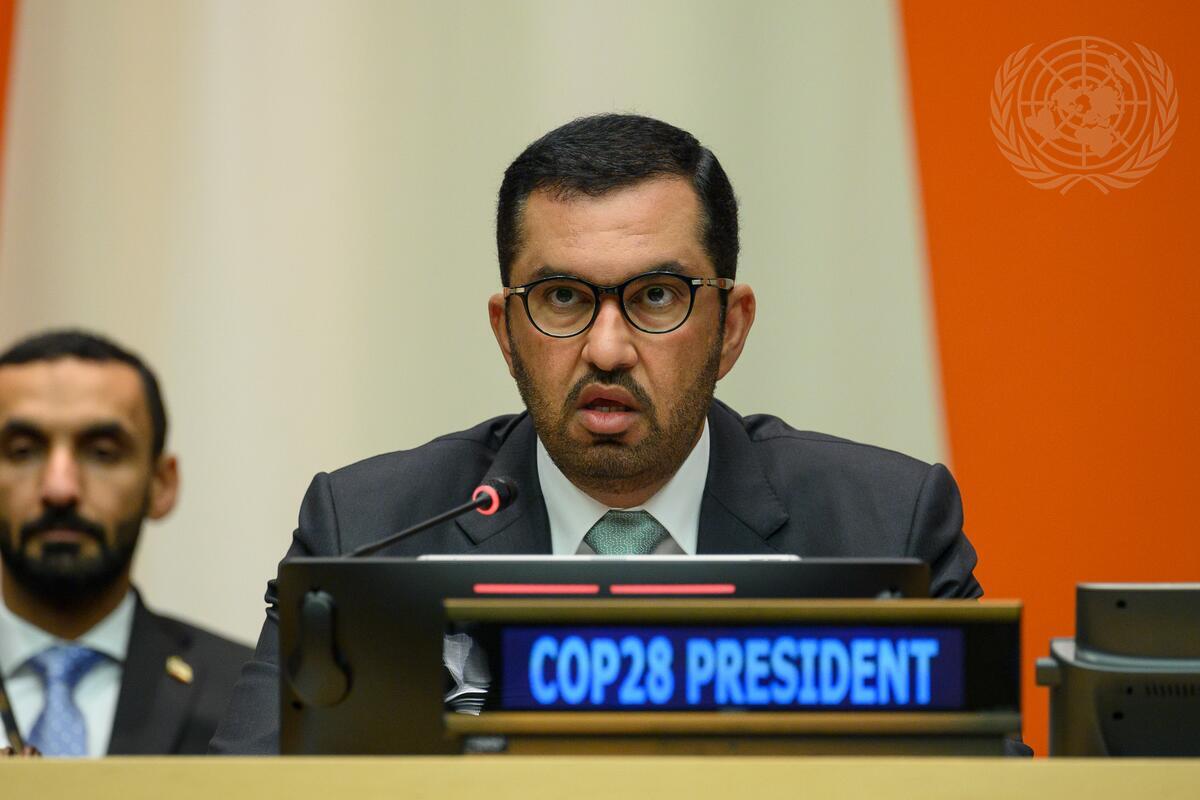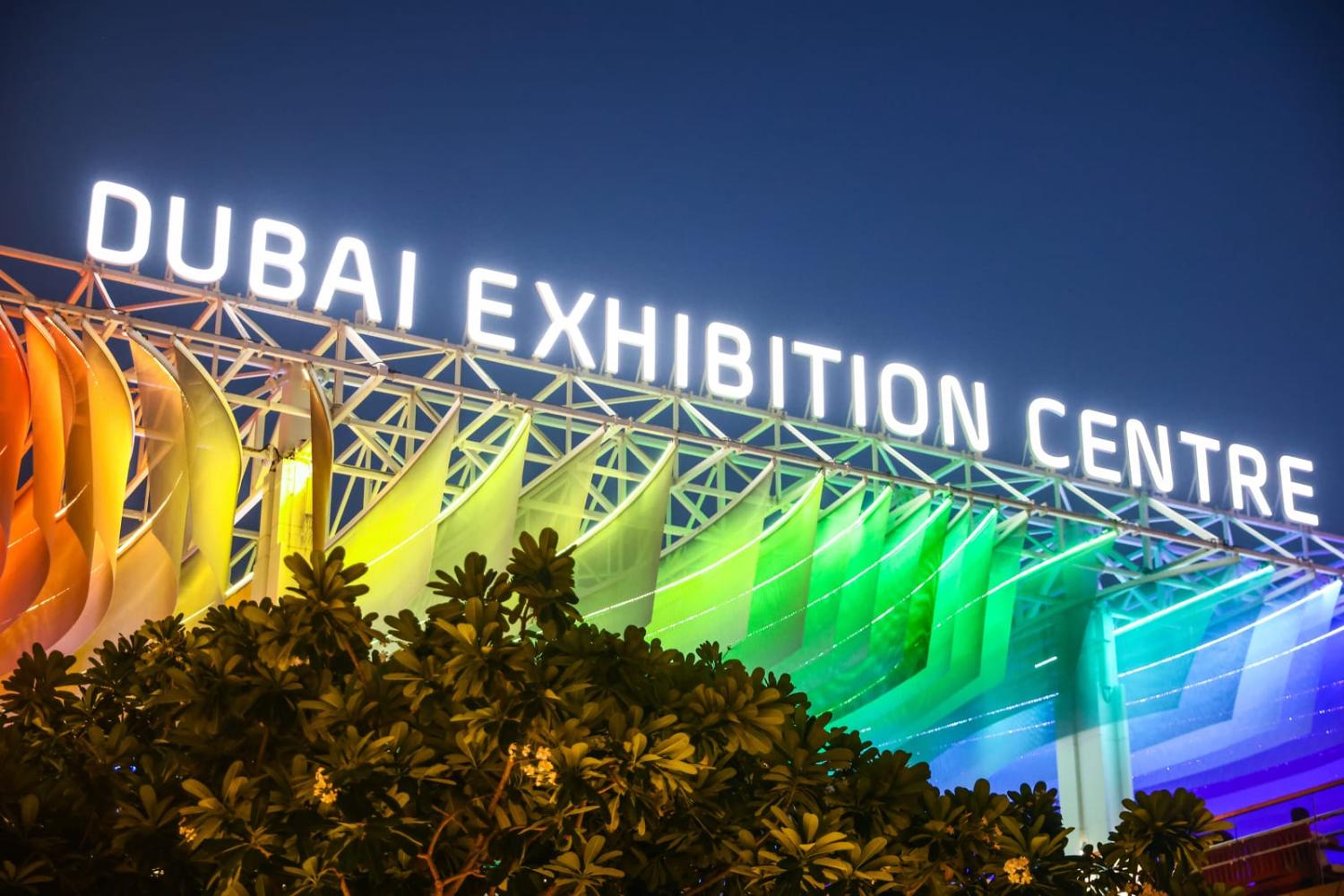The annual climate talks get underway this week in the United Arab Emirates, marking consecutive negotiations held in the Arab world after the conference hosted last year by Egypt. And much like Egypt, UAE has stated its wish is to “close the financing gap” between the Global North and South. The priority areas will be debate around mitigation, adaptation, loss and damage, and climate finance at the talks formally known as the 28th Conference of the Parties to the United Nations Climate Change Conference, or COP28.
The Dubai talks will reinforce efforts by the petrochemical-rich states of the Middle East to show themselves as “friends” to the countries of the Global South. The UAE sees a role as a potential “bridge” persuading the Global North to channel more technology and finance to the developing world. Such language is not purely altruistic. It represents an economic and geopolitical rationale that will enable the UAE to retain its position as a global player in the field of energy exports and technologies.
There are concerns that UAE is using the event as a tool to greenwash its oil and gas industry. Like in Egypt in 2022, there will be a record number of oil and gas companies present at the conference. Representing the entanglement of oil interests and the green agenda, Sultan Ahmed Al-Jaber has been named as UAE’s president of COP28. Al-Jaber was appointed UAE’s Special Envoy for Climate change back in 2020. But he is also head of the Abu Dhabi National Oil Company, known by its abbreviation ADNOC, as well as chair of UAE’s renewable energy firm, Masdar. Al-Jaber’s roles came under scrutiny in June this year when it was revealed that ADNOC had access to COP28 email correspondence.
Although the UAE has given assurances that activists will be allowed to “make their voices heard” limited to climate issues during the conference, Amnesty International has raised concerns about the UAE’s tendency to “narrow the list of talking points for its officials around climate issues and avoiding discussion of human rights abuses in the country.”

The UAE and other Gulf countries have sought to shape the language used to describe the energy transition away from carbon intensive fuels. Qatar, for instance, has described itself as the world’s “energy transition partner”, taking advantage of the war in Ukraine to present its LNG supplies as a popular alternative to Russian gas in both Europe and East Asia. Other Gulf states – including the UAE – have actively sought to expand their energy partnerships with states in Asia, Africa and Latin America, driven by ambitious projects for port and maritime infrastructure construction.
These are producing new, novel international relations.
For example, in 2023, UAE, India and France ratified a trilateral partnership “in the field of solar and nuclear energy, climate change and biodiversity,” with a specific focus on exploring opportunities in the Indian Ocean region. The run-up to COP28 has also seen the “end” of alignments between Egypt, Saudi Arabia and the UAE in the region, and there appears to be the possibility of greater Gulf cooperation with Türkiye and Qatar. And after a period of increased Gulf tensions during the blockade of Qatar (2017–21), which the UAE participated in alongside Saudi Arabia, Bahrain and Egypt, it appears that energy interests will enable a rapprochement between Gulf states. Indeed, it is revealing that, during the blockade the Dolphin pipeline continued to supply the UAE with Qatari gas.
It is likely that as the energy transition gathers pace such economic realism will continue to dominate the energy sphere and, in turn, seep into broader geopolitical relations between Gulf states.
This regional rearrangement will feed into and shape climate negotiations at COP28. Given the shared interests among Gulf states regarding the energy transition it is likely that COP28 will see Gulf states coordinate their diplomatic strategies and voice similar aims.

